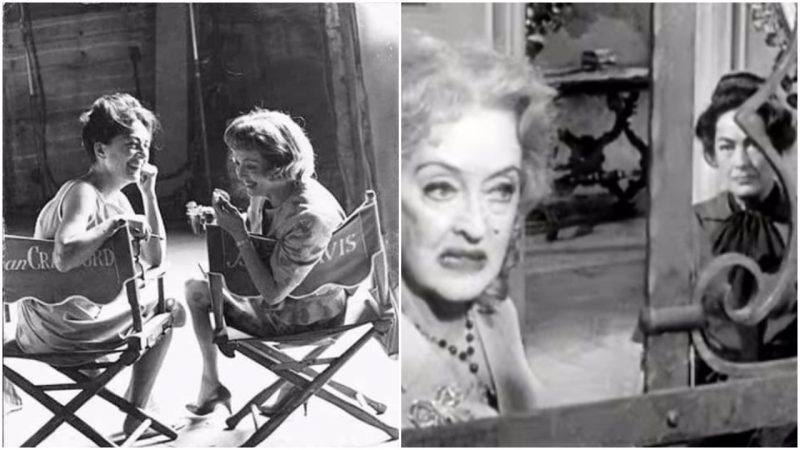Thanks to this year’s FX series Feud: Bette and Joan, audiences can relive the colder-than-ice relationship between those two mega-stars, Bette Davis and Joan Crawford. While the new series reveals the sordid details on how the two actresses worked together on their 1962 film, What Ever Happened to Baby Jane? this was only the best-known battle in an ongoing “war” between the two, a friction that caught fire decades before sister Blanche was served a dead parakeet on a tray in their Grand Guignol film.
What triggered perhaps the greatest of all “cat fights” in Hollywood? Apparently, the root of the matter comes down to one thing, and one thing only.
It was Franchot Tone, it’s safe to say not the most legendary actor of all time, who played his part in erecting the battle ring, which the two diva actresses would fill with their scantily concealed hatred for one another. Bette Davis would star alongside Tone in 1935, in the film Dangerous, a role for which she claimed her first Academy Award.
Davis fell in love with Tone, who portrayed a handsome architect in the film. She remarked that she held a candle for him “both professionally and privately,” adding that “everything about him reflected his elegance, from his name to his manners.” It’s a little bit funny how such a pleasant actor sparked decades of rudeness between the actresses.
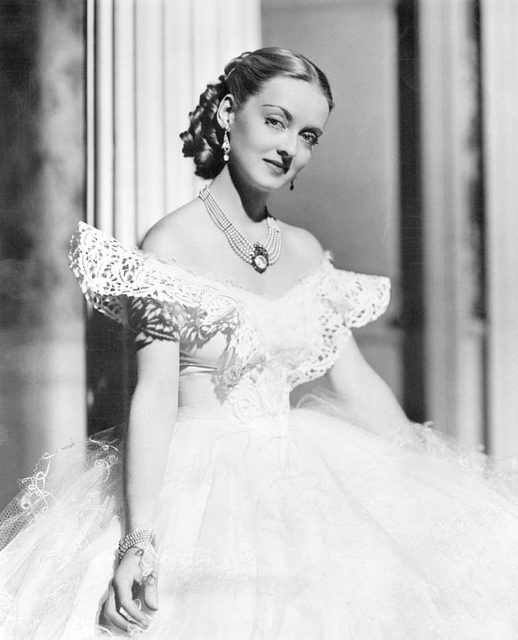
Crawford at that point was unquestionably MGM’s number-one actress. Being freshly divorced, she invited Tone to dinner at her home, and then reportedly appeared naked.
Franchot Tone was madly in love with Crawford. The two of them would meet each other each day for a lunch break and he would return to the film set, according to Bette Davis, with his face covered in lipstick.
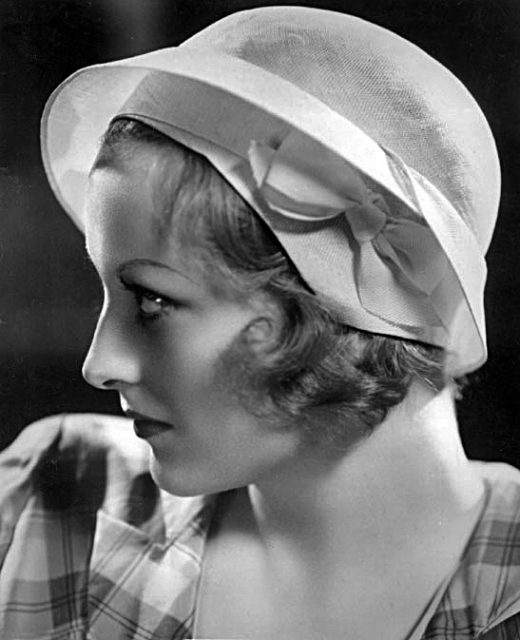
While Franchot Tone may have lived his wildest fantasy–that one of the greatest actresses of the time loved him– Davis fumed with jealousy. After all, before Franchot Tone turned up, Bette had also fancied Clark Gable, but Crawford had a longtime love affair going with him.
Just before Dangerous wrapped as a film, Franchot and Joan got engaged. Their marriage didn’t last long, collapsing by 1938, the same year Davis collected her second Academy Award for Jezebel. However, if Crawford and Tone were done, the enmity between the actresses had just begun.
A noticeable sign of the tension between the two were the barbed comments they made in the press about each other. For Davis, Crawford was a “mannequin,” one of the lowest remarks an actress can get in Hollywood, plus she said that Joan’s eyebrows were like “African caterpillars.” Crawford was no better, saying that “poor Bette” looked as if there was no “happy day, or night, in her life.”
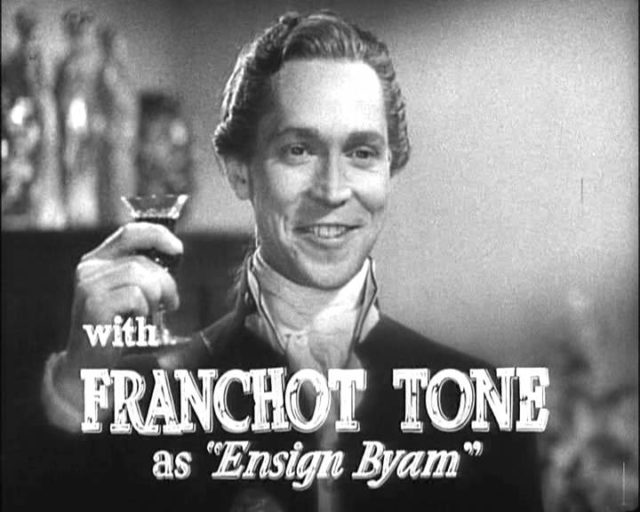
The story heats up as Crawford (and her caterpillar eyebrows) made the move to Warner Bros in 1943, the studio where Davis was already a regular. Here, the rivalry escalated to a new level, one of professional competition.
In 1945, Davis would feel her first regret after she turned down the title role of Mildred Pierce. The same part was offered to Crawford, who gladly accepted it, and the role brought her an Academy Award. Despite Davis having two Academy Awards already behind her, this must have felt bitter.
By 1962, both Davis and Crawford were past the peak of their careers. They had left Warner and were struggling to get work because of age biases, so they eventually ended up on the same contract, as sisters in the horror film What Ever Happened to Baby Jane?
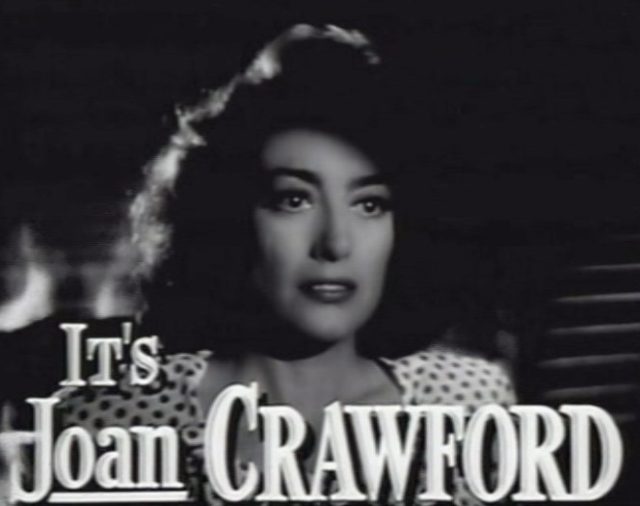
In the beginning, the two icons were polite in public. However, “war” was inevitable on the film set, where things would become inflamed. In the scene where Jane beats Blanche, Crawford worried whether Davis might actually really hurt her, so she proposed using a stunt double for the scene.
However, a stunt actress was not used. As it was filmed, Davis supposedly clipped Crawford’s head, and her screams caused the filming of the scene to stop. An unapologetic Davis was heard to mutter, “I barely touched her.” According to some, Bette allegedly left Crawford seriously injured and in need of stitches, but who knows what really happened.
Fast forward to a couple of days later when the moment of Crawford’s revenge approached. It was the scene in which Jane drags Blanche out of the bed and across the room. Crawford, perfectly aware of the fact that Davis suffered back pain, purposefully made herself as heavy as possible. According to the film’s director, Robert Aldrich, “Crawford wanted Bette to suffer” and some say she secretly wore a special lead weightlifter’s belt to ensure maximum agony.
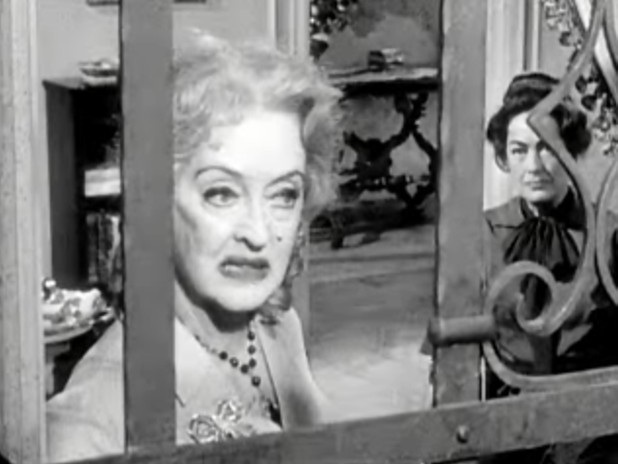
From what we know, Crawford spoiled at least one take of the intricate scene by stopping amid filming in order to cough. Once the scene was done, Davis wept in pain.
The conclusion of filming the entire sequence of What Ever Happened to Baby Jane? took place at the Academy Awards ceremony. It was Bette Davis who got a nomination for Best Actress in the movie, and she was favored to win. But you would be mistaken if you thought that Crawford had not orchestrated a plan to steal the spotlight.
As the winner was announced, Davis must have been disappointed enough to hear that it was not her name being read, but Anne Brancroft’s for her role in The Miracle Worker. Much more shocking was Crawford dramatically passing by Davis and saying, “Excuse me, I have an Oscar to collect.”
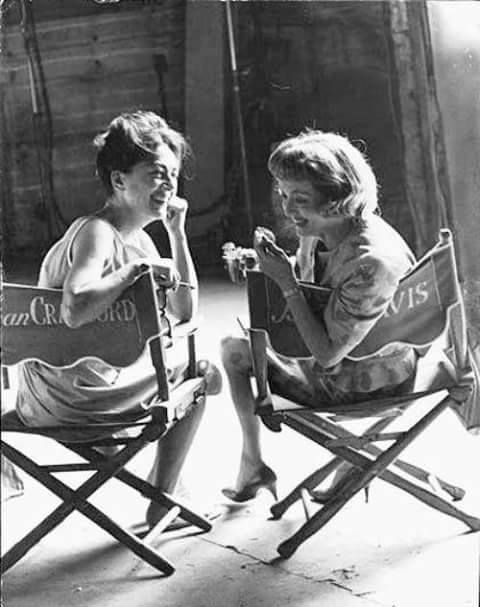
Little did “poor Betty” realize Crawford outsmarted her. First, she had been campaigning against Davis for claiming the award. Second, Crawford had also arranged with some of the other nominated actresses who would be not attending the ceremony that she should receive the award on their behalf. She claimed the award in the name of Bancroft and left Davis to fume out of the spotlight.
Several years later, the two would meet again, this time to co-star in another horror film, Hush…Hush Sweet Charlotte, but at this point, Davis was unable to seek revenge on her adversary as Crawford was quickly out of the movie due to illness. Rumor has it though that Davis made it as unpleasant for her as possible.
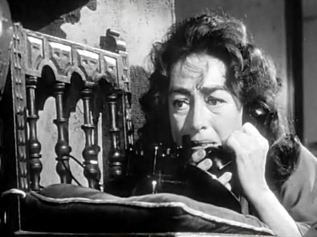
No other public clashes would occur between the two ladies in the years to come, but a conclusion was reached when Crawford was the first to pass away following a heart attack. Davis couldn’t resist a comment, hence her famous: “You should never say bad things about the dead, only good… Joan Crawford is dead… Good.”
Popcorn, anyone?
